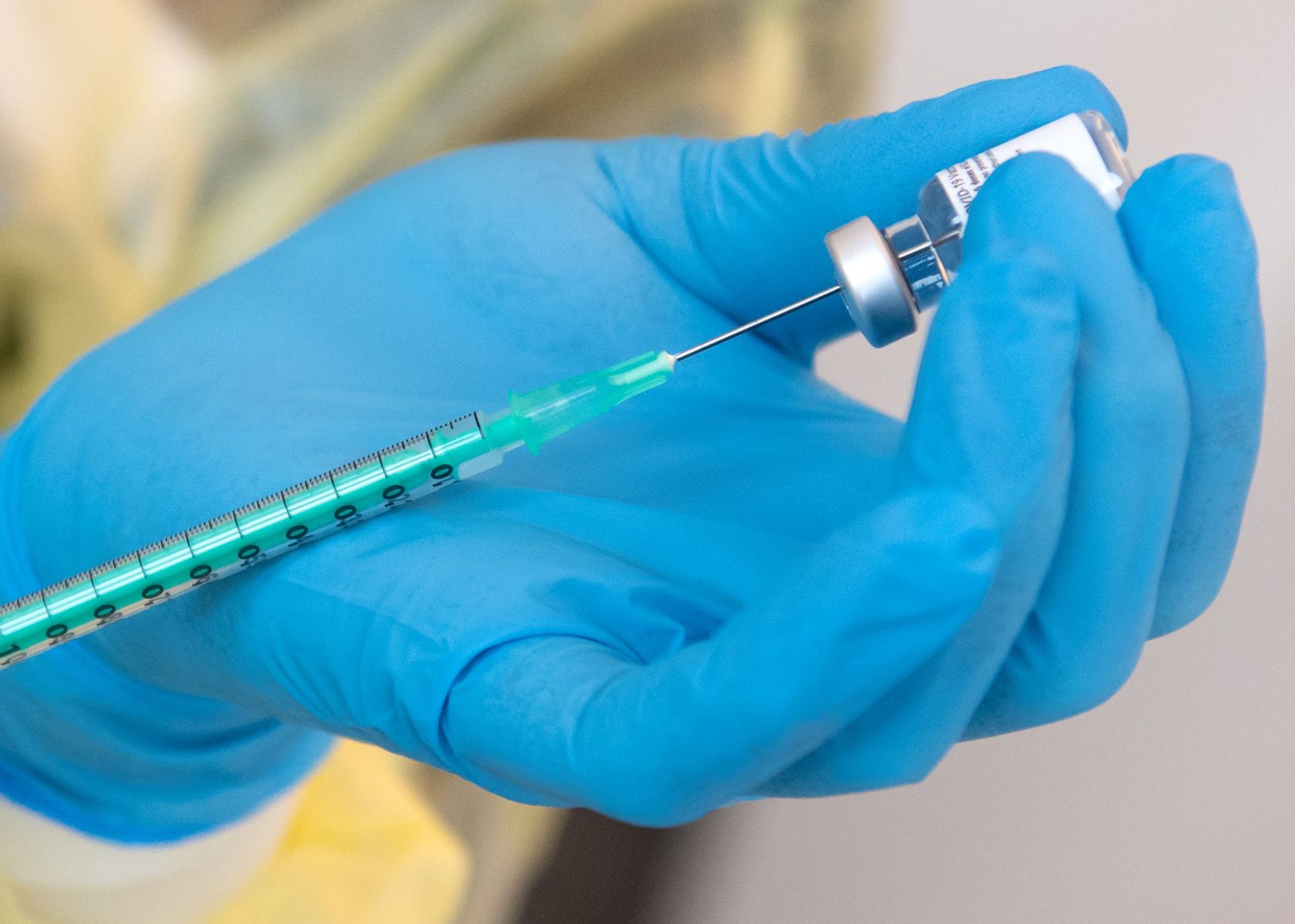The Netherlands is not the only one lagging behind, but it is far in the rear guard. The hundreds of billions of euros made available through the European Corona Recovery Fund in 2021 have not yet been spent by the EU member states, according to a report published Monday by the European Court of Auditors.
The Netherlands only submitted a first application of 1.3 billion euros in May this year, says a spokesperson for the European Court of Auditors. The cabinet also signed the special arrangement only then, he says. The arrangement came into effect in 2021.
With the money from the fund (RRF), all EU member states can invest in projects to overcome the economic consequences of the coronavirus pandemic. This includes investments in digitization and green transition.
The European Commission has already approved this first application from the Netherlands. The finance ministers of the EU member states will discuss the approval at a later time.
The Netherlands wants to spend that first 1.3 billion on investments in healthcare, education, the construction of affordable housing, and digitization. Over 5.4 billion is available for the Netherlands.
At the end of last year, less than a third of the EU countries had applied for the budget available to them from the fund. Of the money that has so far been transferred from Brussels to the member states, only about half has reached ‘end recipients,’ including private companies and schools.
The European Court of Auditors warns of the risk that applications for European money from the recovery fund will be further delayed and that projects will not be completed on time. As a result, member states may “not enjoy the expected economic and social benefits,” says the Court of Auditors. The budget remains available until August 2026.
“RRF money must be used on time so that the measures can be implemented without problems before the end of the facility. This also reduces the risk of inefficient or irregular expenditures,” says Ivana Maletić, the member of the European Court of Auditors responsible for the audit.
Funds once disbursed cannot be reclaimed.
 go to the original language article
go to the original language article
